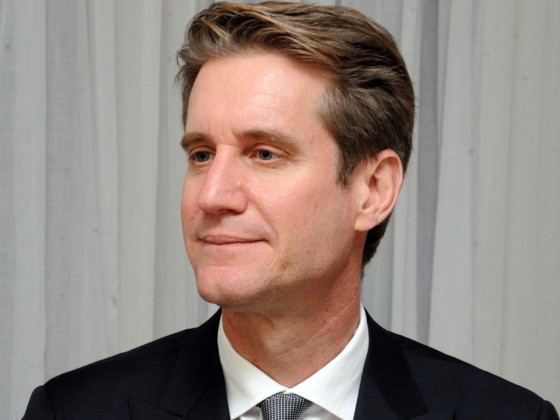
There is no chance that next meeting between the presidents of Azerbaijan and Armenia will lead to a major breakthrough, because there is no communication between them right now, says Matthew Bryza, former US assistant secretary for South Caucasus, former US ambassador to Azerbaijan.
“You can’t get a breakthrough that is meaningful if you haven’t prepared the way,” Bryza, who is also the director of the International Centre for Defense Studies in Tallinn, Estonia, told Trend in an exclusive interview Oct. 19.
“It takes a long time to build the trust that allows real things to happen,” he added. “But it is important to have this meeting between the presidents to begin this process of direct communication and of building trust.”
Bryza also believes that Russia has no ambition to resolve the Nagorno-Karabakh conflict now, adding that what Russia wants is a “no peace, no war” situation because that allows Russia to manipulate the situation.
He also noted that Russia doesn’t want a war, however adding, “I don’t think there is good chance for the [OSCE] Minsk Group process to move forward now.”
Bryza further said that Azerbaijan firstly should do what it is doing in terms of
strengthening itself, and taking advantage of this current period of low
oil prices to reinvigorate reforms.
“Azerbaijan is a successful country,” he said. “It is independent and
increasingly wealthy, with people’s lives getting better. Azerbaijan should continue strengthening itself.”
He noted that Armenia, meanwhile, would be wise to reduce its dependence on Russia – on Russian energy, investments, ownership of Armenia’s entire key infrastructure.
“President [of Armenia Serzh] Sargsyan is in a weak position because of that dependence on Russia,” said Bryza.
The conflict between the two South Caucasus countries began in 1988 when Armenia made territorial claims against Azerbaijan. As a result of the ensuing war, in 1992 Armenian armed forces occupied 20 percent of Azerbaijan, including the Nagorno-Karabakh region and seven surrounding districts.
The two countries signed a ceasefire agreement in 1994. The co-chairs of the OSCE Minsk Group, Russia, France and the US are currently holding peace negotiations. Armenia has not yet implemented the UN Security Council’s four resolutions on the liberation of the Nagorno-Karabakh and the surrounding regions.
Edited by SI
Trend
